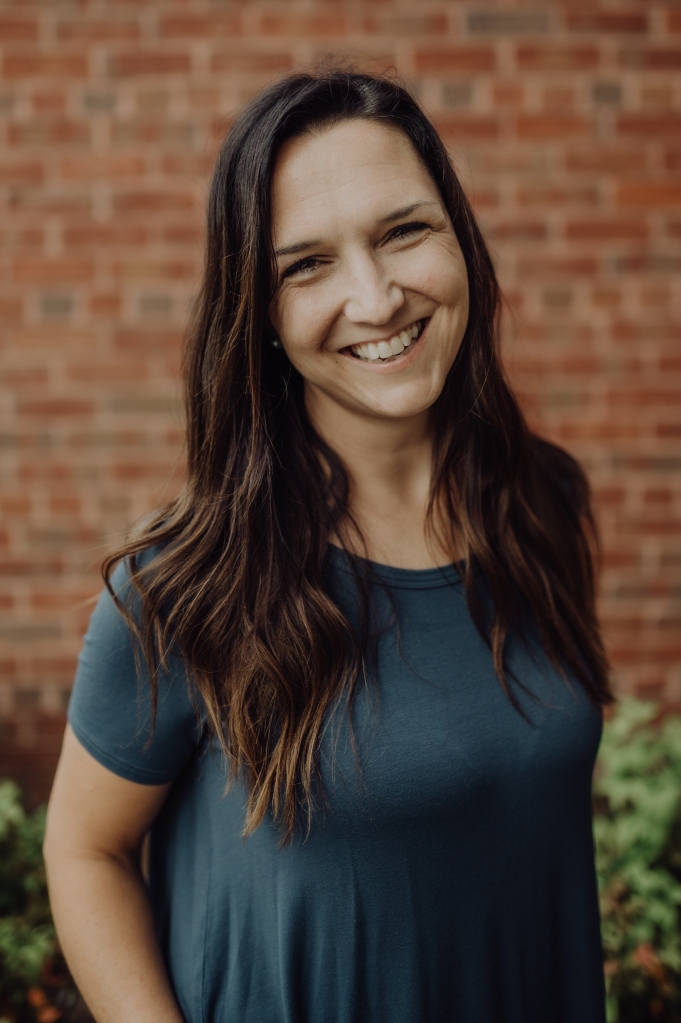
Hi! I’m Lisa, founder of Kingdom Day, mother of two and wife of a veteran public school teacher. After much prayer and with more than a little trepidation, we pulled our kids from public school and never looked back! The journey was hard, but worth it. Let me help you do the same!
So you’re ready to homeschool, but don’t know where to start. We’re here to help!
NC Homeschool Basics
Students ages 7-18 not enrolled in a public or private school should be enrolled in a homeschool registered with the NC Department of Non-Public Education (DNPE).
You should first open your homeschool and then withdraw your child(ren) from their public or private school.
You can open a homeschool any time of the year except May or June when the DNPE will not accept intents.
Basic guidelines and requirements can be found at the NC Admin site.
Approaches
If you’re coming from a traditional school setting, you may want to consider deschooling for a period of time.
The world of homeschool is vast and growing. There are many approaches. As you continue along your path, you’ll find the one that works best for your family: unschooling, hybrid homeschool, online models, co-ops, etc.
Resources
A quick search shows that there are a myriad of excellent homeschool curriculum. It can be overwhelming. Check out Cathy Duffy for thorough reviews.
The Homeschool Room in Matthews is a wealth of knowledge and an opportunity to peruse curriculum in person.
The Homeschool Legal Defense Association can also answer many questions you may have.
Social Opportunities
In the greater Charlotte area there are a growing number of social opportunities for homeschoolers, everything from skill classes to regular play dates to formal hybrid programs. Search social media for groups in your specific area. If you’re wondering if Kingdom Day is the right fit for you, check out our About page to learn more.
If you have further questions, we’re happy to help! Email us at thekingdomday@gmail.com.
“With respect to professional training, we are making two mistakes.
“The first is relying mainly on traditional schools to decide what they should teach students. Our accredited educational institutions are not known for their responsiveness to economic trends, and since the administrators developing the curricula are not customarily out in the field keeping up to date on what novel skills will be most valuable in the economy, they couldn’t do it if they wanted to.
“The second mistake is the tacit assumption that first you go to school and when you are done, you go get a job. This made sense when jobs and skills changed on a generational timescale, but it does not in today’s fast-moving labor markets. The opportunity for new skill acquisition must be explicit and omnipresent.”
Jerry Kaplan, Humans Need Not Apply